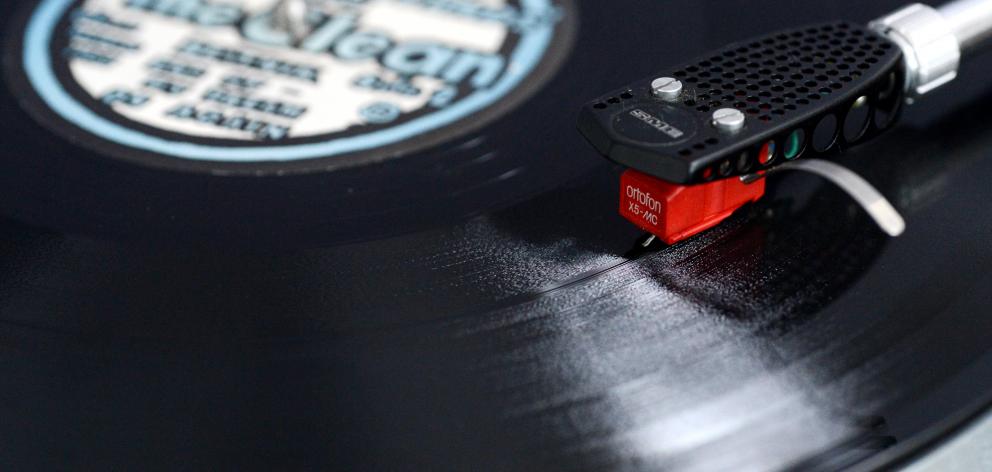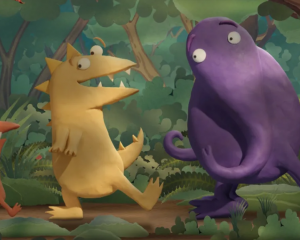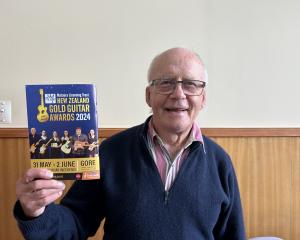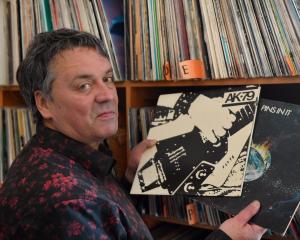
It came as a great surprise to some that more was spent on vinyl in the United Kingdom last November than on digital downloads.
But it seems clear now that there's something about the warm tones of a vinyl record that means the medium will endure for some time yet.
The University of Auckland's Dr Karen Fernandez teamed up with Professor Michael Beverland, of the Royal Melbourne Institute of Technology, to investigate vinyl's continuing allure.
After interviewing 25 vinyl collectors from New Zealand, the United States and the UK, it became clear to the researchers that much of vinyl's appeal was tied up with the fact that records are material objects that can be held and displayed.
"[They are] things that make concrete something abstract - music with all its emotional associations - and that bear physical traces of their owners' lives," said Dr Fernandez, an associate professor of marketing.
"People want to be able to display their identity through the objects they own to themselves and ... to other people. I don't think that's ever going to change."
As well as talking about preferring the tone of vinyl over digital songs, participants also liked the face-to-face process of acquiring records.
"Even the stories they exchange with sellers and other buyers in the shop become part of their memories for that record," she said.
Dr Fernandez remembered one particularly poignant story told by a young woman who took part in the study. When the woman was buying a record, the seller told her it had a scratch caused by his young son, who had since died.
"Every time the needle jumped, he would remember his son. So the woman took on being the keeper of this scratch, every time she heard it she'd remember the man's son. That's been at the back of my mind for years: the power of a concrete thing."
The cover-art on record sleeves added another dimension, which was highly valued in its own right.
Many enjoyed the challenge of hunting down obscure records, complaining digital music was just too easy to find. The care and effort involved in finding, playing and looking after records also created a precious sense of ritual.
"Way back in the day they made cake mixes that you just had to add water to, but they didn't sell. People do value something more when they've put some personal effort into it," Dr Fernandez said.
"Be wary of what you lose when you miniaturise and digitise, because you lose that whole dimension of physicality. And never underestimate the critical role that physicality plays in creating connections between people's sense of identity and objects."












